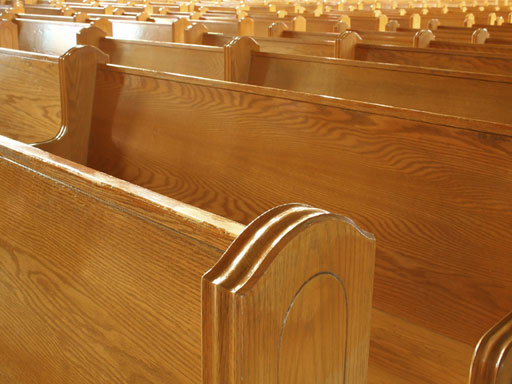
In Britain, in some respects, anachronisms are what we do best. It's an appropriate observation to make today, when Queen Elizabeth II is due to turn up at Parliament to read out the policies of a (sort-of) democratically-elected government. You could argue the whole system is built on anachronisms - the monarchy, the structure of Parliament, the way in which the Prime Minister is technically appointed rather than elected. Hell, the way in which the whole thing is supposed to work isn't even written down, but instead just kind of exists as the sum of all our laws and the collective knowledge of our greatest political thinkers (yes, yes, I know I'm simplifying).
Generally, most people are fine with this, because it kind of works. We have a functioning system (arguably, at least), with the added bonus of some paegentry and silly costumes for the tourists to look at.
But what's strange is the way in which it's considered slightly off limits to question it all. Take the monarchy, for example – it's fine to be a republican, but only if you keep it to yourself. Question the need for spending millions of pounds on fairytale weddings and jubilee shindigs and in the eyes of our bestselling newspapers you're no better than the impudent ingrates who deny Margaret Thatcher's status as Saviour of the Nation.
The most bizarre example of all has to be the established status of the Church of England. No aspect of the country's constitutional structure is more patently absurd, and yet disestablishmentarianism hasn't been fashionable since the mid-19th century. Yesterday, the Church published its attendance figures for 2011, and overall numbers were down yet again. Between 2010 and 2011 average weekly attendances fell by 0.3% to 1.1 million. It was a shorter fall than in previous years, prompting the Church to spin it as stabilisation, and figures were better for the big events like Christmas, but really there's no disguising the fact that the Church of England is now minority concern.
And yet no one, beyond the professional secularists and humanists, ever really calls for the anachronism to be abolished. Instead, as the British Humanist Association's Andrew Copson points out, the government hands the Church ever more influence within society, not least in the form of public funds to run 30 per cent of our state schools.
I'm not really arguing for a campaign for disestablishment. As secularists, we're surely better off focusing on concrete issues like that 30 per cent stake in the education system, or the 26 Bishops who sit in the House of Lords. A campaign for disestablishment would be unlikely to capture the public imagination. I'd go as far as to predict that we'll still have an established Church 30 years from now. But if that's going to be the case, I'd at least like to see wider acknowledgement of the fact that having one is a total anachronism, if not just downright weird.

